Market Analysis
In-depth Analysis of Hair Supplements Market Industry Landscape
The hair supplements market is experiencing rapid growth globally, driven by a variety of factors that are reshaping consumer preferences and industry dynamics. One of the primary drivers of this growth is the increasing prevalence of hair-related issues, such as hair loss, thinning, and damage, which have led to a growing demand for products that can improve hair health and appearance. This trend is further fueled by changing lifestyle patterns, environmental factors, and dietary habits, which can all impact hair quality and growth.
Another key factor driving the growth of the hair supplements market is the rising awareness among consumers regarding the importance of hair care and maintenance. People are increasingly seeking out products that can help them achieve and maintain healthy, lustrous hair, leading to a surge in demand for hair supplements that are formulated with vitamins, minerals, and other nutrients known to support hair health.
Additionally, the hair supplements market is benefiting from the increasing availability and accessibility of these products, both online and offline. Consumers can now easily find a wide range of hair supplements in pharmacies, specialty stores, and online retailers, making it convenient for them to incorporate these products into their daily hair care routine.
Furthermore, the hair supplements market is characterized by a high level of innovation, with manufacturers constantly developing new and improved formulations to meet the evolving needs and preferences of consumers. This includes the use of advanced ingredients, such as biotin, collagen, and keratin, which are known to promote hair growth and strength.
Despite the growth prospects, the hair supplements market faces several challenges. One of the main challenges is the presence of counterfeit and low-quality products in the market, which can undermine consumer confidence and trust. Additionally, there is a lack of regulation and standardization in the industry, which can lead to inconsistencies in product quality and efficacy.


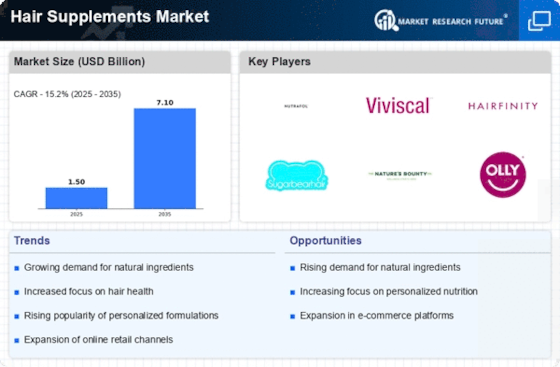
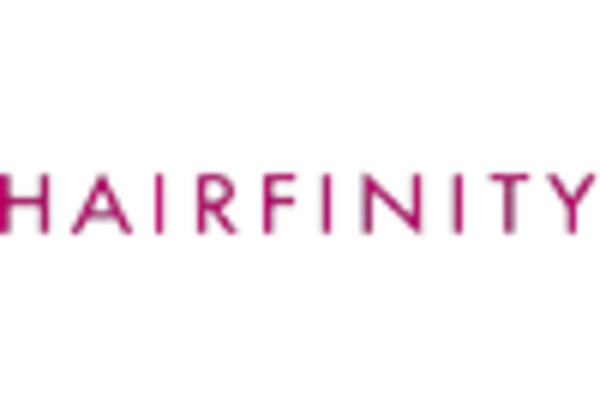
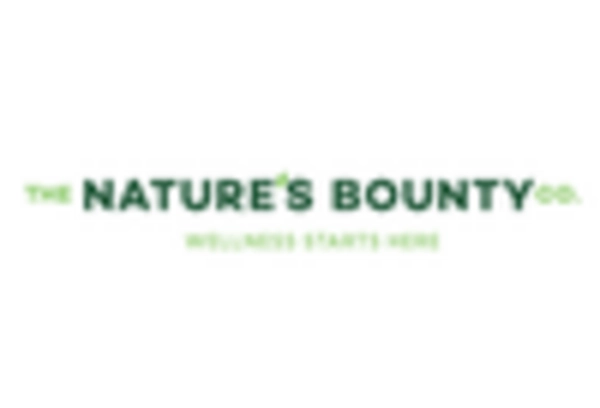
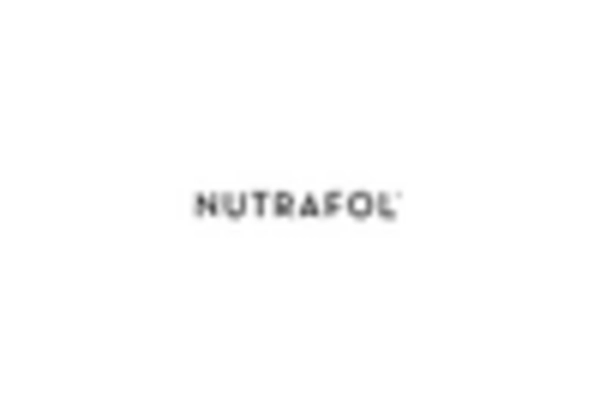
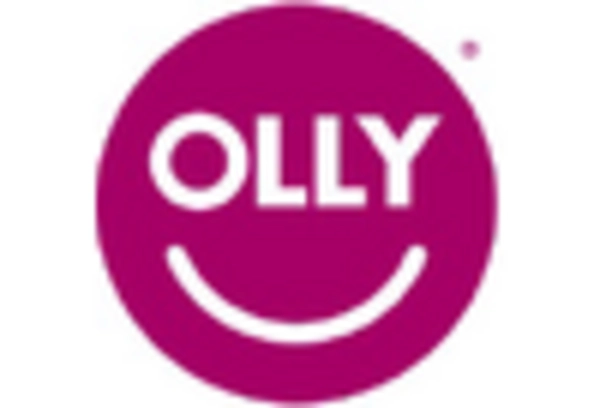
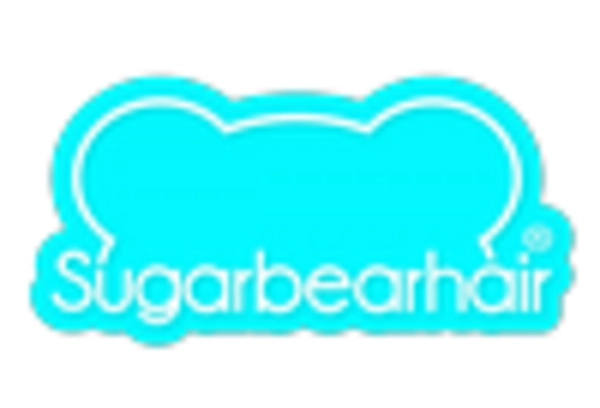
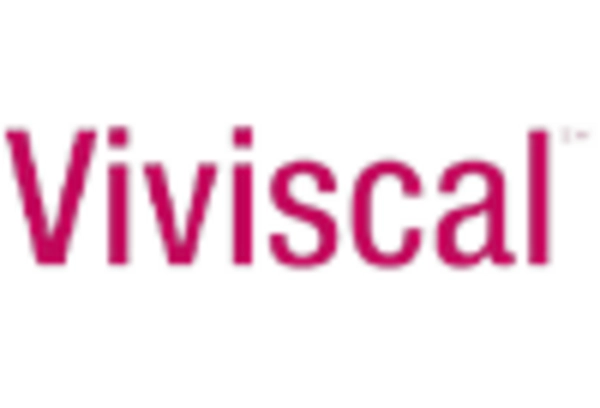










Leave a Comment